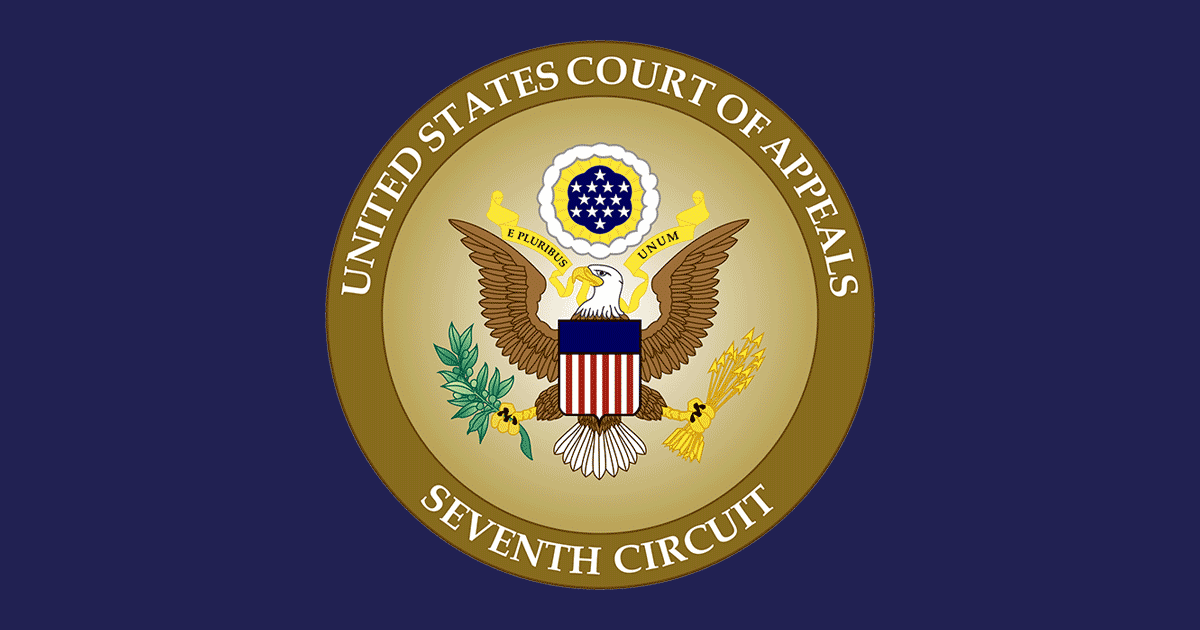A Victory for a Levin Ginsburg Client in the Seventh Circuit Court of Appeals
In a victory for Levin Ginsburg’s client Nano Gas Technologies, Inc., the United States Court of Appeals for the Seventh Circuit reversed the district court’s interpretation of an arbitration award, holding that the defendant could not “wait until he dies” to pay a portion of a damage award. In Nano Gas Technologies, Inc. v. Roe, Case Nos. 21-1809; 1822 (7th Cir., Apr. 25, 2022) the Seventh Circuit ruled that the district court had misinterpreted an arbitration award in concluding that the defendant could satisfy a $500,000 judgment “in such manner as Roe chooses.” In refusing to allow Nano Gas to immediately enforce the underlying arbitration award, the district court interpreted the arbitrator’s “in such manner as [defendant] chooses” language as allowing the defendant to choose when to satisfy the arbitration award, if ever, including by whatever assets he had left at the time of his death. Nano Gas appealed from the district court’s judgment.
Agreeing with Nano Gas, the Appellate Court concluded that, although Mr. Roe “invited ambiguity” through an alternative reading of “in such manner as Roe chooses,” his reading was unreasonable. The Appellate Court recognized that Roe could not “refuse to turn over his only identifiable asset, choose hypothetical forms of payment that may never come to fruition, or require Nano Gas to wait until he dies.” The court agreed with Nano Gas that both the language of the arbitrator’s opinion and common sense resolved this issue. Finally, recognizing that although in certain cases district courts may send a case back to the arbitrator to clarify an award, the Seventh Circuit rejected that procedure in this case because the award’s language compelled only one conclusion.
The panel reversed the district court’s findings regarding Roe’s discretion to satisfy the $500,000 award and remanded to allow Nano Gas to resume enforcing the entire judgment without delay. Levin Ginsburg Shareholder and Chair of Litigation Department, Howard L. Teplinsky, authored the appellate briefs and argued the case on appeal.



